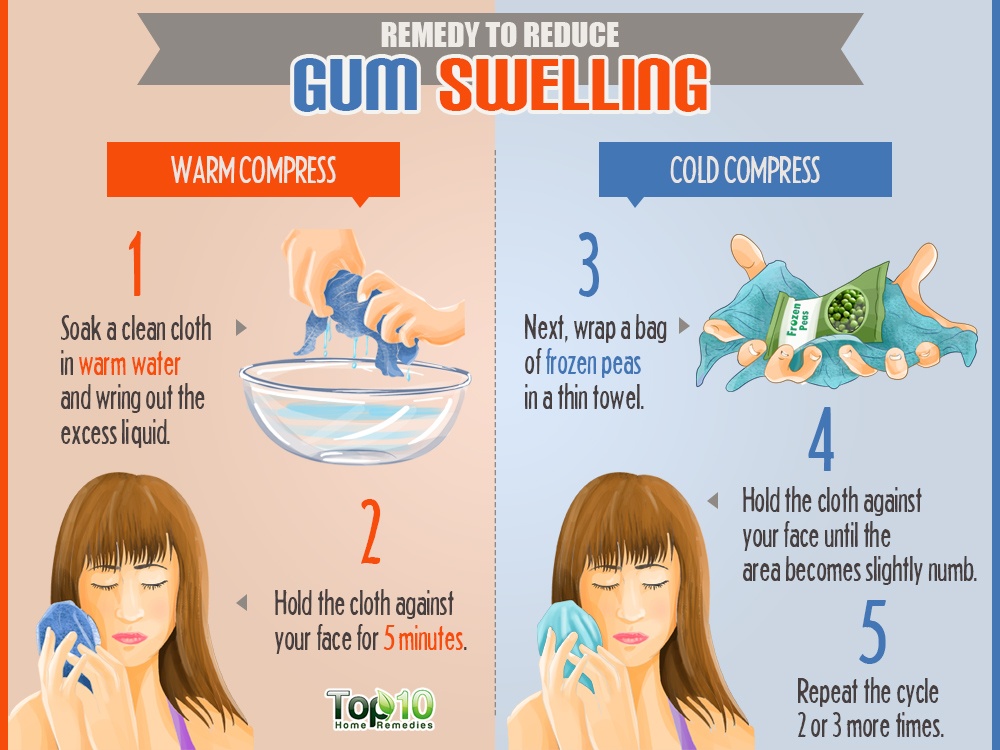10 Gum Cut Remedies For Fast Healing

Gum cuts can be quite painful and may bleed profusely, making everyday activities like eating, drinking, and even speaking uncomfortable. These cuts can occur due to various reasons such as accidental bites, dental procedures, or sharp edges of teeth. Fortunately, there are several remedies that can help in the fast healing of gum cuts. Here are ten gum cut remedies that you can consider:
1. Salt Water Rinse
Rinsing your mouth with warm salt water several times a day can help reduce swelling, ease pain, and fight infection. Mix half a teaspoon of salt in a cup of warm water and swish it around your mouth, paying special attention to the cut area. Salt has natural antibacterial properties that can help prevent infection.
2. Hydrogen Peroxide
Diluted hydrogen peroxide can serve as a disinfectant for your gums. Mix equal parts of hydrogen peroxide and water and swish it around your mouth. However, be cautious not to swallow it and spit it out after rinsing. The bubbling action of hydrogen peroxide helps remove debris and reduce the risk of infection.
3. Aloe Vera
Aloe vera is known for its soothing and healing properties. Applying aloe vera gel directly to the cut gum with a cotton swab can help reduce inflammation, promote healing, and alleviate pain. Look for pure aloe vera gel without additives for the best results.
4. Cold Compress
Applying a cold compress to the outside of your mouth near the affected area can help reduce swelling and ease pain. You can use an ice pack wrapped in a cloth to avoid direct contact with your skin. Apply it for a few minutes at a time with breaks in between to avoid tissue damage.
5. Tea Bags
Both black and green tea bags have tannins that can help reduce pain and inflammation. After steeping a tea bag in hot water, let it cool down, and then place it against the cut gum for a few minutes. You can do this several times a day for relief.
6. Clove Oil
Clove oil has been used for centuries for its analgesic and anti-inflammatory properties. Applying a few drops of clove oil to a cotton ball and placing it against the affected gum can help numb the pain. However, be cautious and dilute the oil with a carrier oil like coconut or olive oil, as undiluted clove oil can be too potent.
7. Turmeric
Turmeric contains curcumin, which has powerful anti-inflammatory properties. You can make a paste by mixing turmeric powder with water and apply it to the cut gum using a cotton swab. Leave it on for a few minutes before rinsing with warm water.
8. Vitamin E Oil
Vitamin E oil is known for its healing properties and can help in the fast recovery of gum cuts. Apply a few drops of vitamin E oil directly to the affected area with a cotton swab. It can help promote healing by protecting the cells from damage.
9. Baking Soda
Baking soda can help neutralize the pH in your mouth and reduce inflammation. You can mix baking soda with water to make a paste and apply it to the affected gum with a cotton swab. Leave it on for a few minutes before rinsing with warm water.
10. Topical Pain Relievers
For immediate pain relief, you can use over-the-counter topical anesthetics like Orajel or Anbesol. These products contain ingredients like benzocaine or lidocaine that can numb the area temporarily, providing relief from pain.
How long does it typically take for a gum cut to heal?
+The healing time for a gum cut can vary depending on the severity of the cut. Minor cuts usually heal within a few days to a week, while deeper cuts may take longer, sometimes up to two weeks. Proper care and hygiene are crucial for fast healing and preventing infection.
What are the signs of infection in a gum cut?
+Signs of infection include increased redness, swelling, pain, pus, and a foul taste or odor in the mouth. If you notice any of these symptoms, it's essential to consult a dentist or healthcare provider for proper evaluation and treatment to prevent the spread of infection.
Can gum cuts lead to more serious health issues if not properly treated?
+Yes, if left untreated or not properly cared for, gum cuts can lead to infections that may spread to other parts of the body. In rare cases, untreated oral infections can lead to more serious health issues such as endocarditis, an infection of the heart's inner lining, or sepsis, a life-threatening condition that arises when the body's response to infection causes injury to its own tissues and organs.
In addition to these remedies, maintaining good oral hygiene, including brushing your teeth gently and regularly, using a soft-bristled toothbrush, and flossing carefully around the injured area, is crucial for the healing process. If your gum cut is deep, won’t stop bleeding, or shows signs of infection, it’s important to seek professional dental care for proper treatment and advice. Remember, while these remedies can help in the healing process, they should not replace professional medical or dental advice.
Implementing these remedies and taking good care of your oral health can significantly aid in the recovery from gum cuts, ensuring that you can quickly return to your normal activities without discomfort or pain. Always prioritize your oral health, as it is closely linked to your overall well-being.


